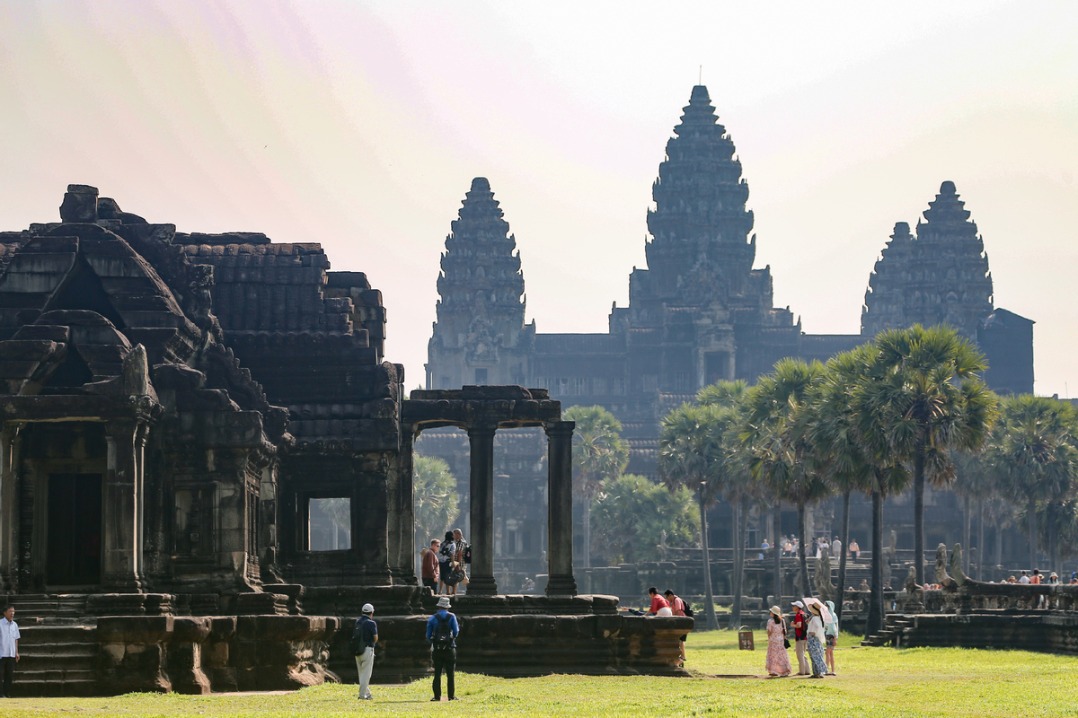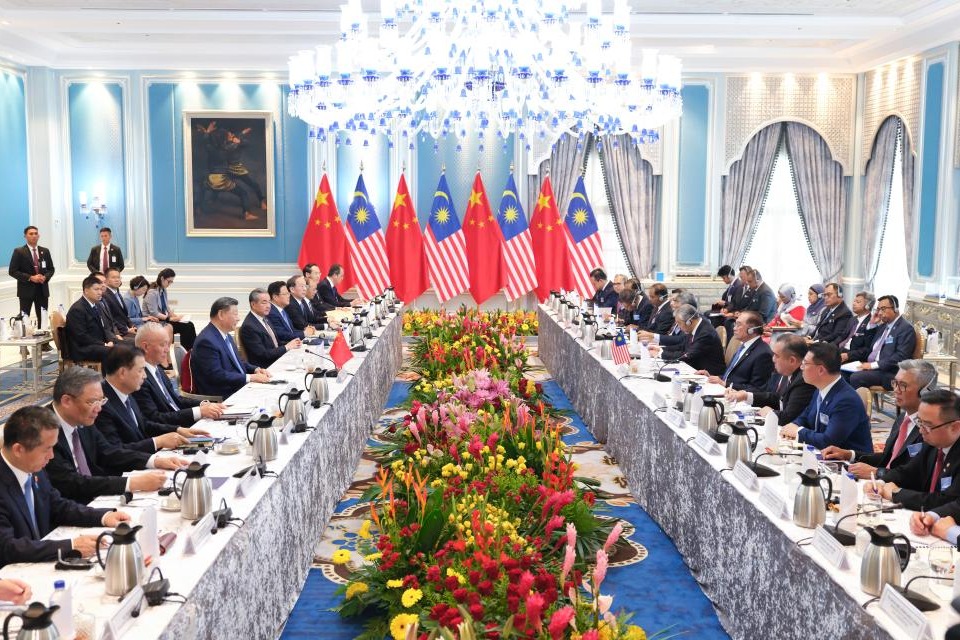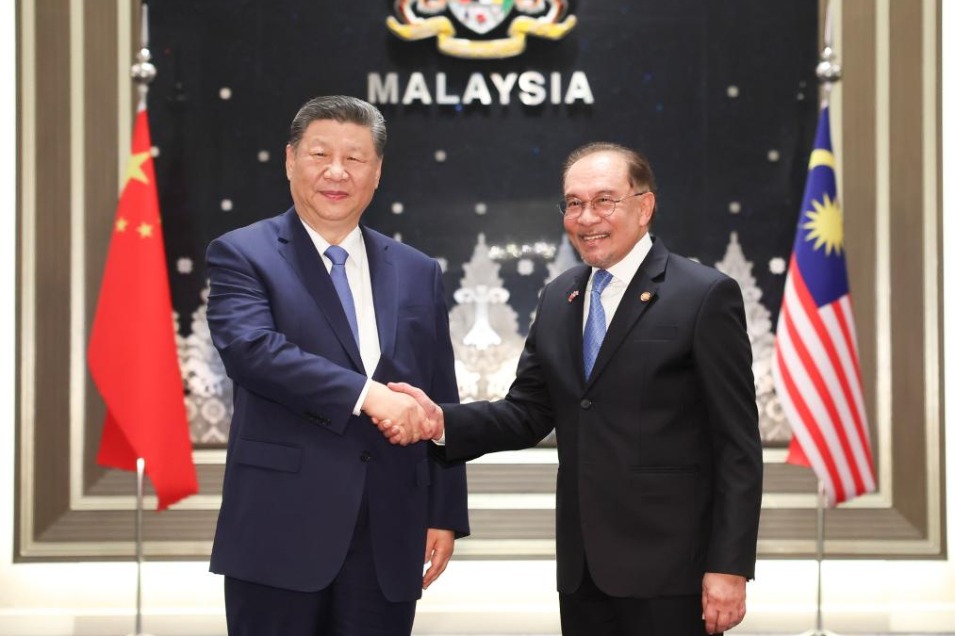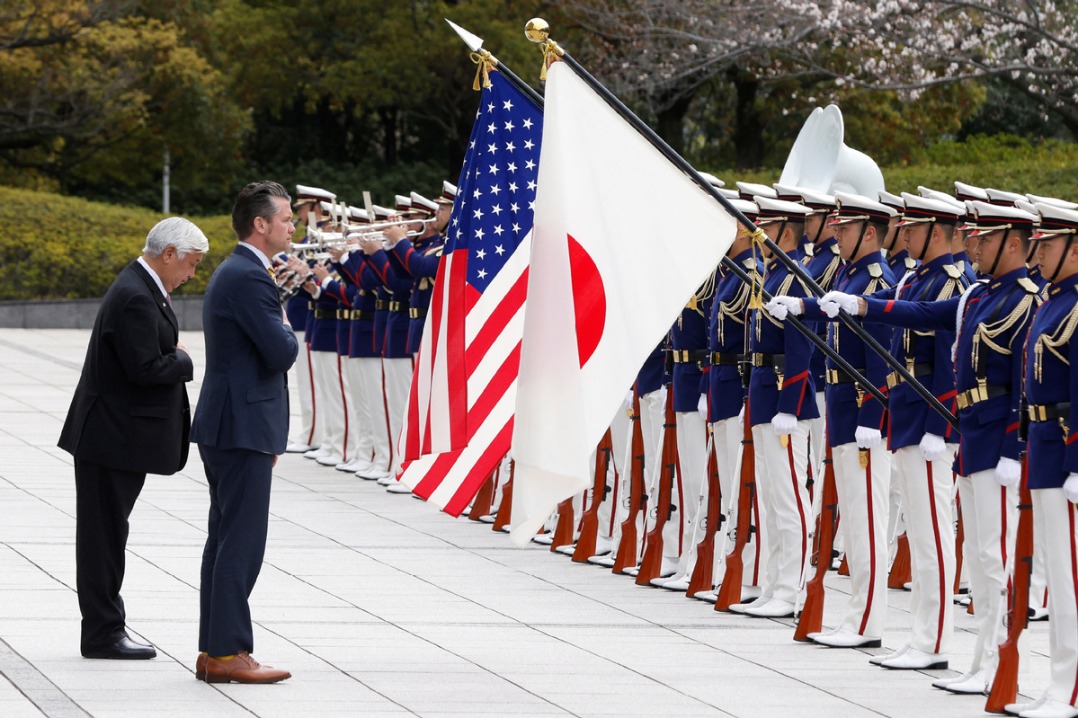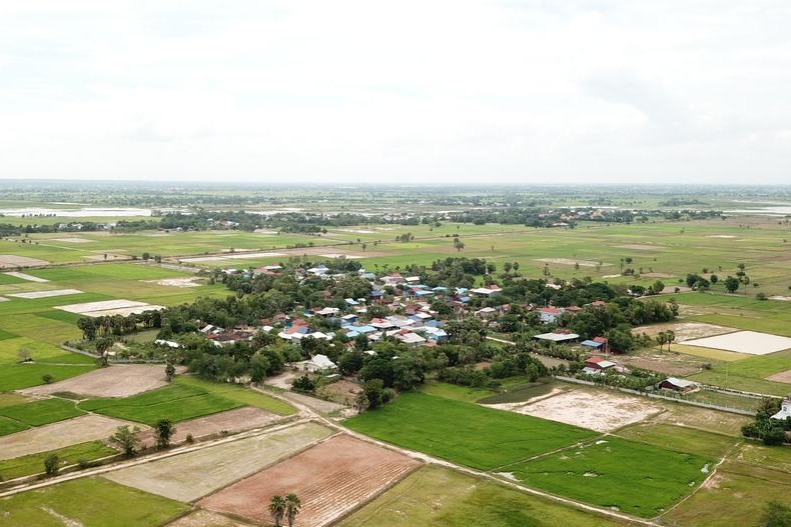Bandung Spirit in the spotlight as Beijing hosts global conference marking its 70th anniversary

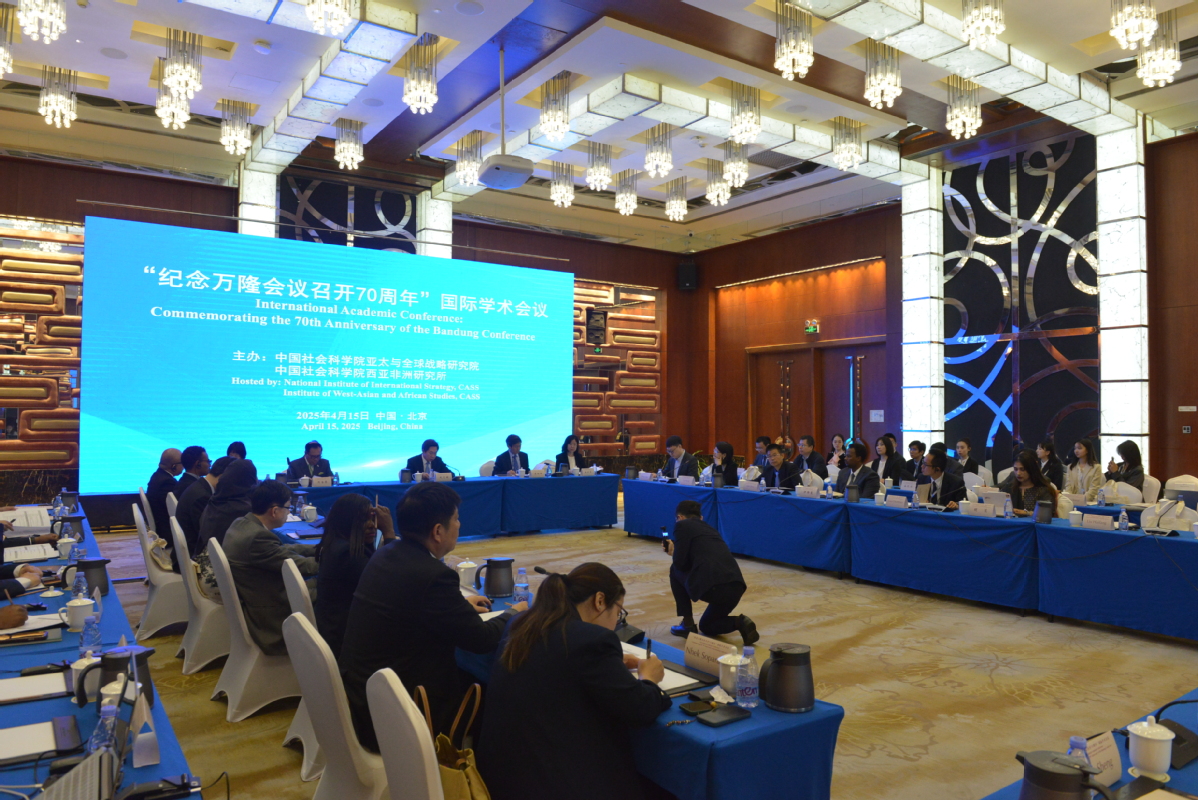
The International Academic Conference: Commemorating the 70th Anniversary of the Bandung Conference was held in Beijing on Tuesday, bringing together diplomats, scholars, and policymakers from across Asia and Africa. Jointly hosted by the National Institute of International Strategy and the Institute of West-Asian and African Studies at the Chinese Academy of Social Sciences (CASS), the event explored the enduring relevance of the Bandung Spirit and its role in shaping a more inclusive global order in the 21st century.
In his opening remarks, Zhao Zhimin, secretary general of CASS, emphasized that the Bandung Conference introduced a new model for international relations grounded in the principles of peaceful coexistence, solidarity, and mutual respect. Over the past 70 years, both the Five Principles of Peaceful Coexistence and the Bandung Spirit have been incorporated into a number of key international documents, gaining broad recognition and adherence across the global community. He noted that reviving the Bandung Spirit today is both a tribute to history and a strategic response to today's global challenges. He called on the Global South countries to enhance strategic autonomy, uphold true multilateralism, and deepen cooperation on shared priorities such as sustainable development, poverty alleviation, and global governance reform.
Following Zhao's remarks on the historical and strategic relevance of the Bandung Spirit, Djauhari Oratmangun, Indonesia's ambassador to China, stated that the Bandung Conference's call for a more just and equitable international order gave strong momentum to the decolonization movement and the rise of the Non-Aligned Movement across Asia and Africa. Although the world has changed significantly, the original call for a fairer international order remains highly relevant, he added, emphasizing the importance of strengthening South-South cooperation in areas such as digital transformation, regional connectivity, food and energy security, and global governance reform.
He highlighted China's Belt and Road Initiative as a powerful force driving inclusive development and expressed Indonesia's willingness to collaborate with China and other Global South countries to build a more equitable and sustainable global society.
Yu Hong, ambassador of Department of Asian Affairs of the Ministry of Foreign Affairs, noted that in the decades since Bandung, Asian and African countries have made remarkable progress, transforming into vibrant regions that now drive global growth. She stressed that the Bandung Spirit has not lost its relevance—on the contrary, it has gained renewed significance. She called on Asian and African nations to uphold the principles of independence, solidarity, mutual support, and openness, and to continue adapting the spirit to contemporary challenges.
Xu Liping, director of Asia-Pacific Social and Cultural Studies at the National Institute of International Strategy, presented data highlighting the growing role of the Global South in the world economy. In 2023, Global South countries grew by 4.2 percent, well above the 1.7 percent growth seen in developed economies. These countries now represent 86 percent of the global population and over 40 percent of global GDP, contributing more than 80 percent to global economic growth. Xu underscored the Global South's potential to become a driving force for peace and development.
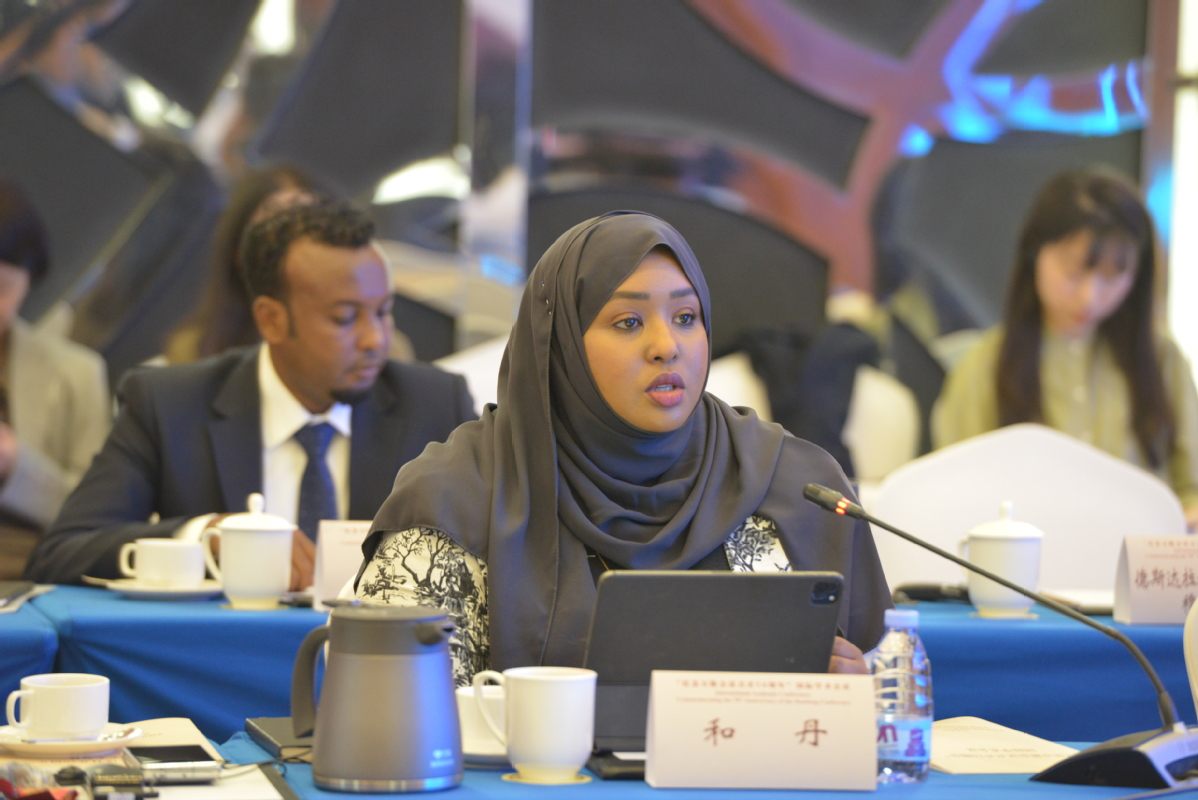
Hodan Osman Abdi, Somali ambassador to China, noted that while colonialism has formally ended, structural inequalities and dependency persist. “We must redefine what leadership in the Global South looks like,” she said, adding that it is no longer about who has the most resources, but who can uphold equity, sustainability, and cultural sovereignty. She highlighted China's development approach through platforms such as the Forum on China-Africa Cooperation, the Belt and Road and the Global Development Initiative, describing it as a model grounded on mutual benefit and adaptability, rather than hierarchy.
Zhai Kun, deputy director of the Institute of Area Studies at Peking University, addressed growing concerns about institutional failure and value fragmentation in global cooperation. He argued that the Bandung Spirit, rooted in mutual respect, dialogue, and inclusiveness, provides a crucial reference for rebuilding international consensus, particularly between the Global North and South. He called for the development of more equitable multilateral mechanisms and open platforms for dialogue.
Liu Qing, vice-president of the China Institute of International Studies, stated that the vision of building a community with a shared future for mankind is a modern extension of the Bandung Spirit. Both emphasize consultation, mutual benefit, and cooperation. He noted that while the Bandung legacy laid the historical foundation for Global South unity, the shared future concept offers strategic direction for advancing that unity in today's world.
Li Xiangyang, director-general of the National Institute of International Strategy at CASS, concluded the conference by highlighting the Bandung Spirit as a lasting moral and intellectual asset for the Global South and the broader international community. He noted that, amid growing global uncertainty, the values set forth in 1955 continue to offer meaningful guidance for building a more just and balanced international order. He expressed hope that the event would catalyze deeper dialogue and cooperation among Global South nations.
Wan Zhuoran contributed to the story.


















